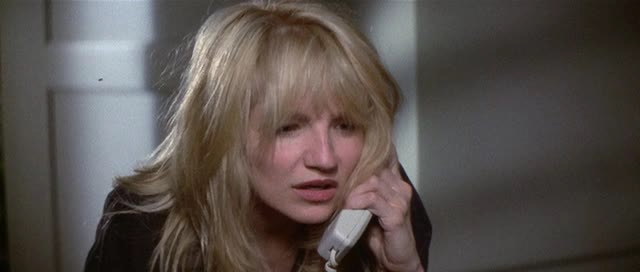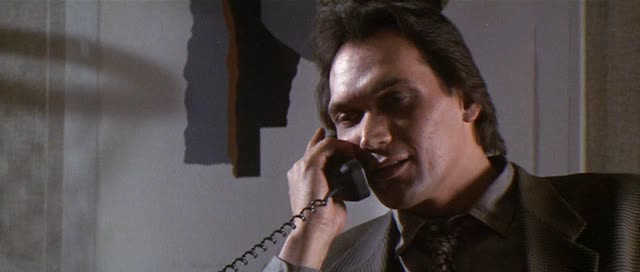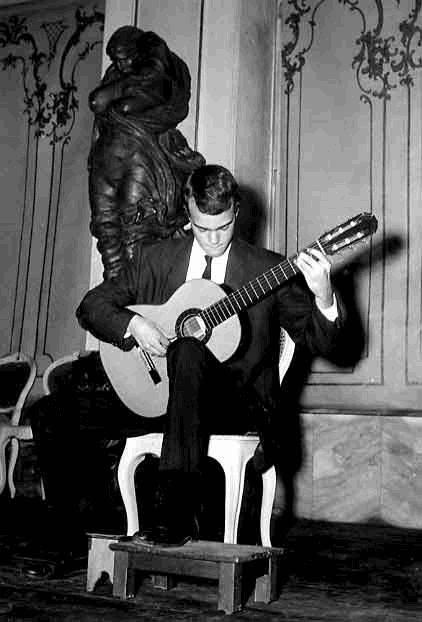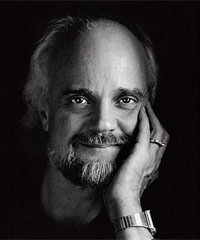The Man Who Fell to Sleep [SWITCH]
From the Chicago Reader (May 17, 1991). — J.R.
SWITCH
* (Has redeeming facet)
Directed and written by Blake Edwards
With Ellen Barkin, Jimmy Smits, JoBeth Williams, Lorraine Bracco, Tony Roberts, Perry King, Lysette Anthony, and Victoria Mahoney.
In a review of Blake Edwards’s S.O.B. ten years ago, I was skeptical enough about his reputation as a trenchant social satirist that I called him the Perry Como of slapstick. Stylistically I think the comparison still holds — Switch, Edwards’s latest comedy, bears it out with a grim vengeance — but thematically the description may do Edwards’s work less than full justice. However Hollywood-style and boringly upscale the mid-life crises of the self-regarding womanizers in 10, S.O.B., The Man Who Loved Women, and Skin Deep may be, these are still troubled and neurotic movies; not for nothing did Edwards assign partial script credit to his own psychiatrist in The Man Who Loved Women.
I’m not saying that this element of disturbance makes Edwards a better writer or director, only that it gives him certain characteristics that belie the Perry Como comparison, including a taste for the grotesque and a penchant for self-analysis. Victor/Victoria and That’s Life! show a certain sweetness in dealing with middle-aged characters, and most of Edwards’s movies at least flirt with troubled reflections about sex rather than simply coast along on their Malibu-style furnishings. Read more





